Young Leaders Encouraged To Build Community, Embrace Advocacy
Even an emerging leader can benefit from peer-to-peer encouragement and counsel.
That’s why last week United Way of King County hosted ‘Creating Connections: Engaging Leaders in Change’ at the Bill and Melinda Gates Discovery Center. The event was part of an ongoing series of panels and discussions held by our Emerging Leaders 365 giving community, a group of more than 10,000 young professionals who gather monthly to build connections and address issues they care about most.
“Engaging Leaders in Change” featured a panel of young leaders representing careers from civic engagement to global health. The panel discussed how their experiences shaped their education and career journeys and how others can do the same. The panel included Amanda Sandoval, United Way director of systems change and public policy, who urged the audience to become more connected to their communities and more involved in the issues that affect their neighbors.
Advocacy and community organizing are key, Sandoval said, to ensure that some of King County’s underserved areas benefit from “a system that wasn’t set up for them.”
“I would say that there is no small step to getting involved in opportunities. I think people get overwhelmed with, ‘Where do I start?’” Sandoval said. “There are so many things affecting us and our communities. I would say to start with churches, community-based organizations, your local, state, or county councils, or your school district. But I would say to just start.”
Sandoval echoed those sentiments regarding civic engagement in United Way of King County’s podcast Hourglass, which has launched a three-part series on civic engagement.
“Policy and government affect everything we do and all the things that our communities receive,” Sandoval said. “It’s the air we breathe, the sidewalks in our neighborhoods, the money our schools get. I would encourage people to get involved and try to find those points of intersection and understand how it affects us.”
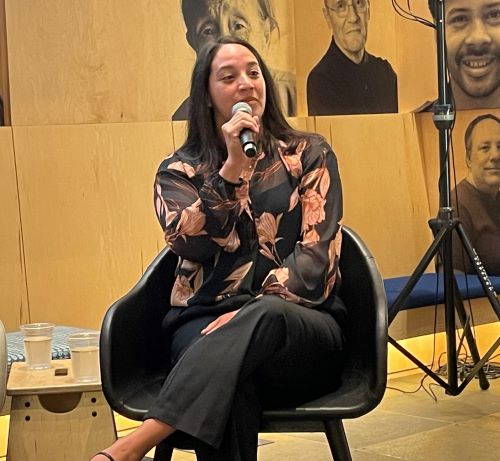
The panelists also stressed refraining from chasing perfection but building lasting relationships with like-minded aspiring leaders. They said leaders must believe in themselves and bring their authentic, unapologetic selves to each space. Panelist Allison Spooner, human relations and equity manager at the University of Washington, stressed the importance of having a mentor and then paying that support forward one day by mentoring someone else.
“Having a mentor and being a good mentor is important,” Spooner said. “I felt like I hit the cap of what I knew within my own personal knowledge, and I needed someone who had already navigated some of the challenges I was currently navigating, who had already been deep into their careers to say you need to do this. I was too deep in it to understand what I did know and what I didn’t know.”
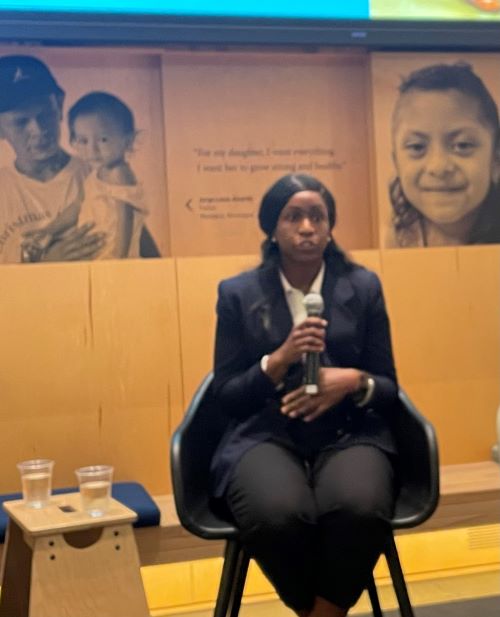
The panelists stressed the need to embrace lessons learned in the classroom and use everyday experiences to develop transferable skills that last a lifetime.
Said Spooner: “If you asked me how many times that I sat in a job interview and someone said, ‘Hey, you took this class in college; did you get a 4.0 on it?’” No, no one has ever asked me that. And I’ve sat on interview hiring panels, and I’ve never asked anyone that.
“But you know what they do ask me? They ask about how I navigated challenges. They asked me about how I built community and connections and different things like that. It has taken me being removed from some of the academic settings to be able to reflect on that.”

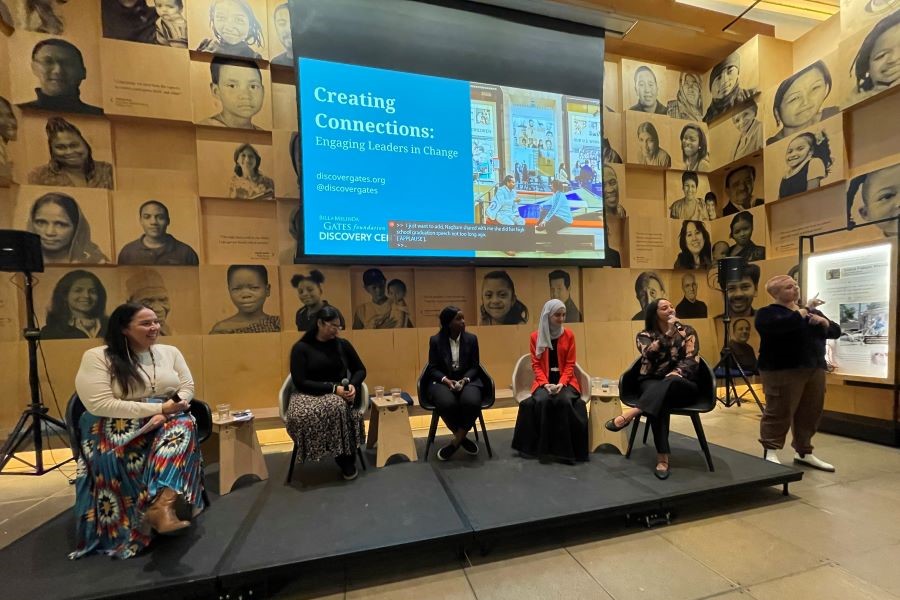
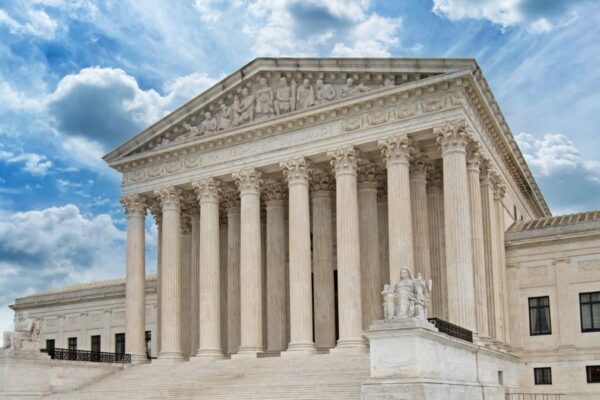
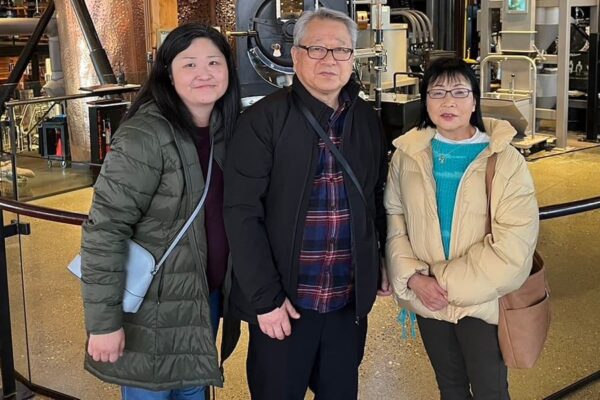
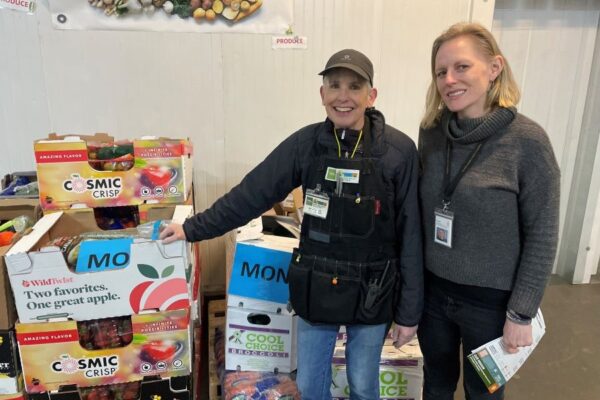
Comments